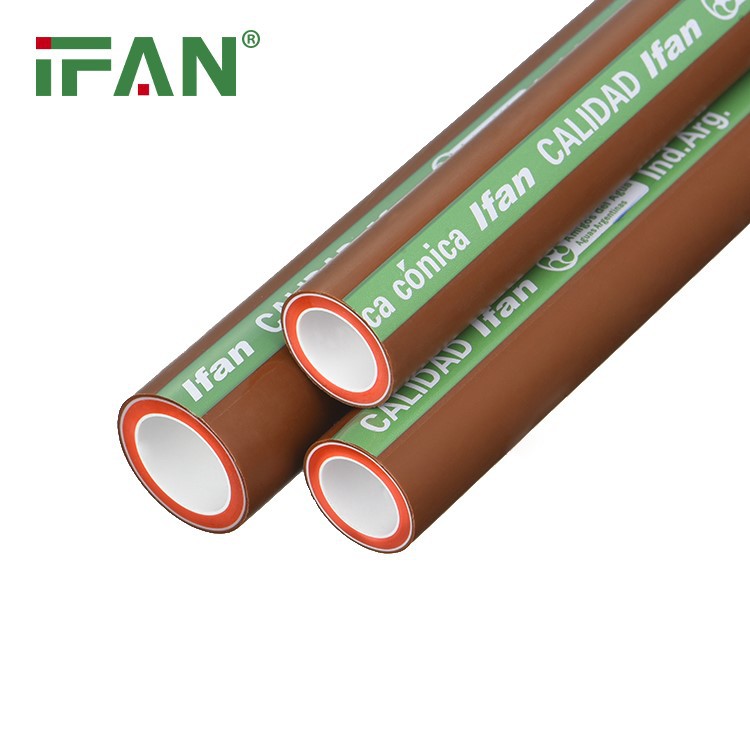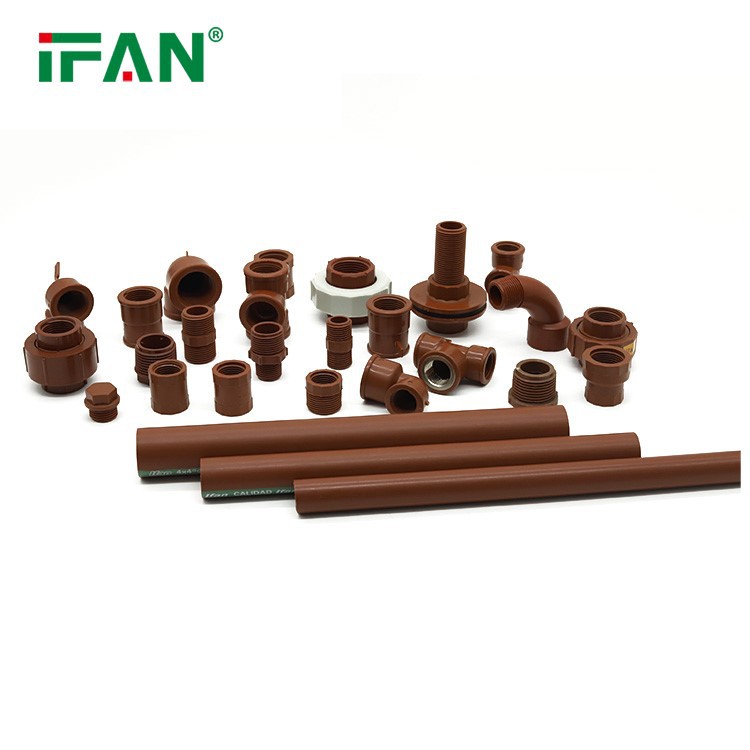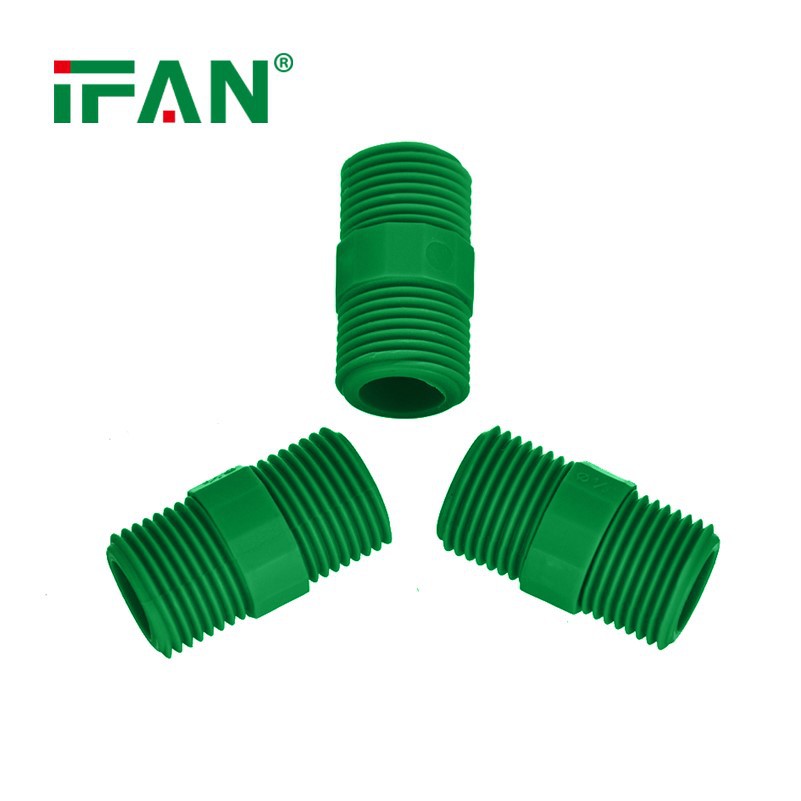PPH stands for Polypropylene Homopolymer. It is a type of polypropylene plastic that is commonly used in industrial, commercial, and household applications due to its several desirable physical and chemical properties.
Polypropylene (PP) is a thermoplastic polymer that is widely used in manufacturing due to its high strength, low weight, and excellent chemical and thermal resistance properties. PPH is a variation of PP that is formed by polymerizing propylene under specific conditions, usually using Ziegler-Natta catalysts.

The homopolymer structure of PPH makes it more crystalline, giving it higher stiffness and excellent resistance to most chemicals, including acids and bases. It is also resistant to heat and UV radiation, making it useful in outdoor applications such as piping systems, playground equipment, and outdoor furniture.
PPH materials are manufactured by processing polypropylene resin pellets into finished products through extrusion, injection molding, or blow molding. These processes involve melting the plastic pellets and shaping them into the desired product shape. The manufacturing process can be adjusted to produce different properties, such as texture, color, and strength, depending on the final application.
PPH materials are commonly used in various industries, including chemical processing, automotive, packaging, construction, and consumer products.
Some of the applications of PPH materials include:
Piping Systems: PPH materials are commonly used in the construction of pipes and fittings for transporting corrosive chemicals or water. They have excellent chemical resistance, thermal stability, and impact resistance, making them ideal for use in harsh environments and industrial applications.
Automotive Industry: PPH materials are widely used in the automotive industry for manufacturing parts such as dashboards, door panels, and instrument clusters. They offer good dimensional stability, low moisture absorption, and superior heat resistance properties, making them ideal for use in high-temperature environments.
Food Packaging: PPH materials are commonly used for food packaging due to their high temperature resistance, biocompatibility, and excellent barrier properties. They are also lightweight, making them an ideal choice for reducing shipping and transportation costs.
Medical Devices: PPH materials are used for manufacturing medical devices such as syringes, catheters, and medical containers. They have excellent chemical resistance, biocompatibility, and low toxicity, making them ideal for use in medical applications.
Household Products: PPH materials are used in the manufacture of various household products such as furniture, toys, and storage containers. They offer excellent resistance to wear and tear, low moisture absorption, and good thermal stability, making them ideal for use in home environments.

In conclusion
PPH stands for Polypropylene Homopolymer, a thermoplastic polymer that offers several desirable properties, including chemical resistance, thermal stability, impact resistance, and low weight. These properties make PPH materials ideal for use in various industries, including chemical processing, automotive, packaging, construction, and consumer products. The versatility and cost-effectiveness of PPH materials make them a reliable choice for many applications.
